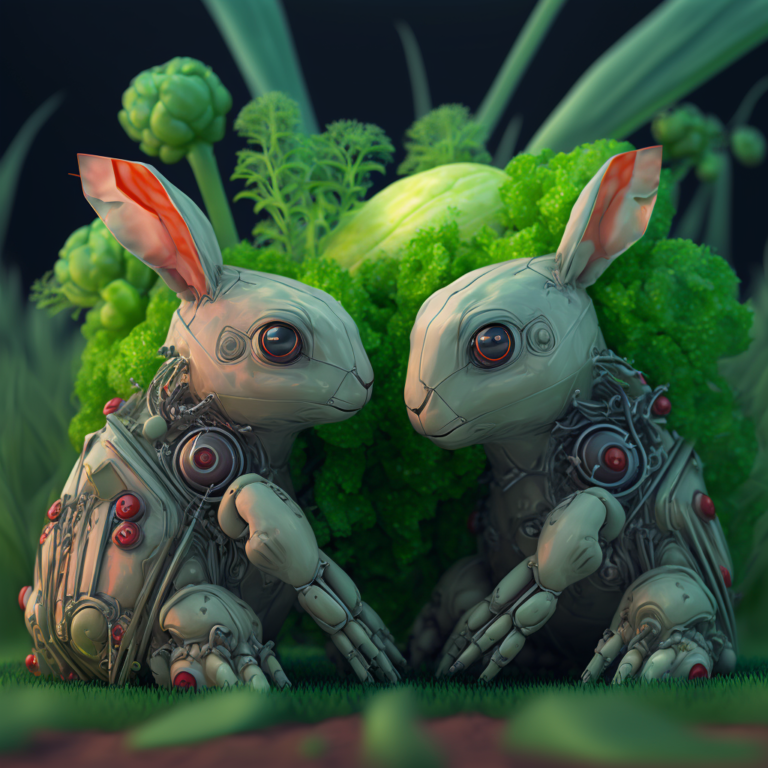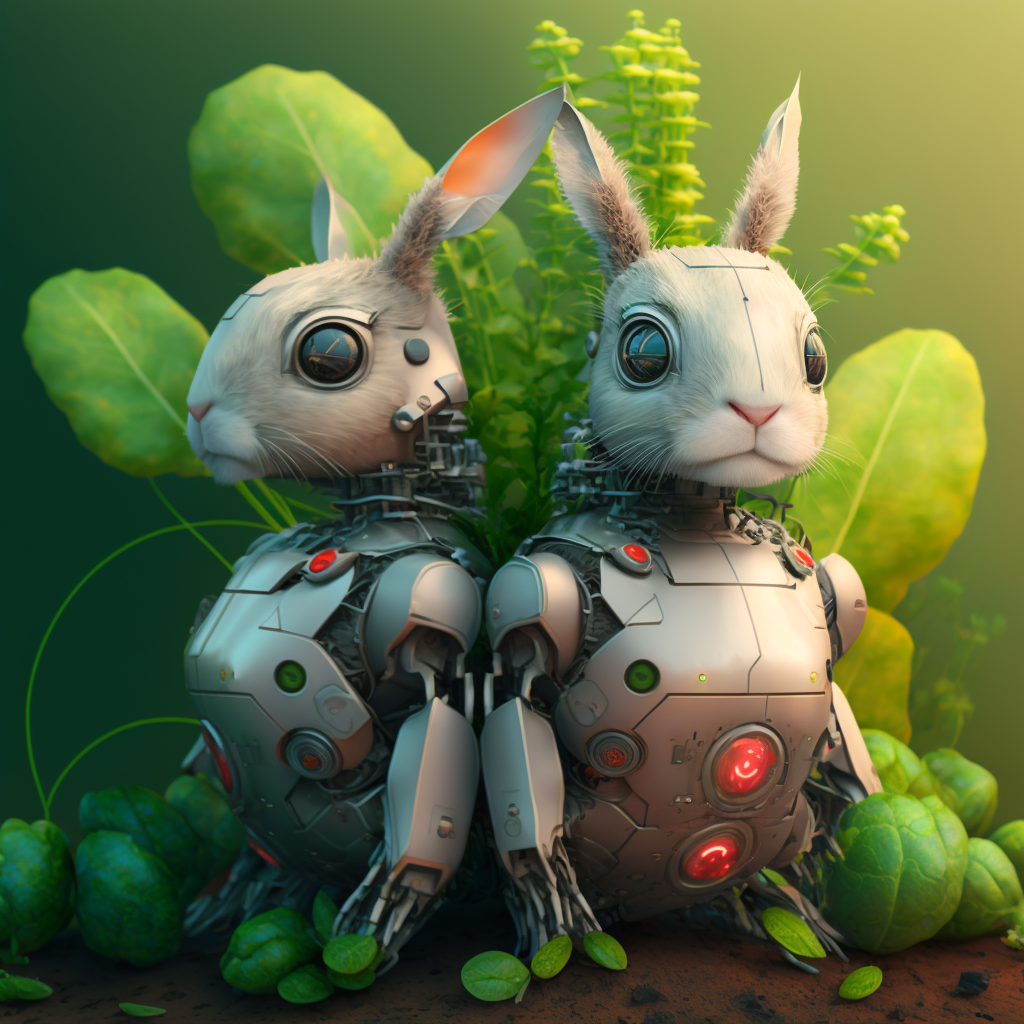Artificial intelligence, real funding advice

New technologies like artificial intelligence (AI) will fundamentally change the charity sector, but many see this as expensive complex technology and only for large charities. Charity Excellence is a tiny volunteer-run charity with almost no funding, and we’re using AI to support the 500,000 non-profits and 67 million people in the UK, by making finding help simpler.
Charity Excellence has always been partially AI, but it’s not capable of learning, unlike the new AI tech bunnies which address what was for us a major gap in our crisis response programme.
There are something like 14 million charity staff and volunteers, many working in challenging roles, often low-paid and almost all facing their own challenges as a consequence of the crisis. And that’s without even considering the seemingly endless bullying and harassment scandals.
Advertisement
However, unlike the NHS, Police and others, few have access to welfare programmes, no representative body and, usually, no union support. Our people are our single greatest asset, but how could we provide some measure of crisis welfare support to so many, with no money and very little time? And what might be done to help with the huge volume of queries flooding charities?
The answer was both simple and very difficult. It was simple in that there are a huge range of charity organisations and funders providing support. The difficult bit was that there were often too many to easily find the right one and some can be really quite niche and are little known about. There were potentially 14 million people who might want support and the range of support offered is really big and often overlapping.
Finding what you need
For example, take harassment. How you might phrase that and what a helpful response might be depends not only on the type of harassment, but may also depend on who is harassing you, how you’re being harassed and also issues such as your gender, age or ethnicity. The number of permutations can be huge and, consequently, a computer programme can’t give you the right answer. The power in AI is that it can learn to do that.
11 knowledge banks

The tech bunnies have been given 11 knowledge banks of questions and answers, and they use these to connect people to the support they need. Every time you ask a tech bunny a question, it’s learning from that interaction and will be just that little bit better when it chats to the next person. If they can’t answer a question, they tell us and we then add to the relevant knowledge base.
In time, they’ll be able to help anyone and their interactions will be close to being human. Completely free, they can provide help on just about anything, support any number of requests, work 24/7 and record no personal data, so using them is completely anonymous.
Taking the pressure off charities
We hope that’ll help those being abused to use them and, by connecting them to free professional help, push back against abuse in the sector and more widely.
And, if they were widely publicised and that resulted in very large numbers of queries, that’d help to take a bit of pressure of our charities. For those worried about potential AI bias, as with all Charity Excellence systems, they are optimised to support the most vulnerable and marginalised, such as the disability, BAME and LGBTQI+ and trans communities, and women and children.
Charity eco-system
And they can do a lot more than that. We very significantly enhanced Charity Excellence capabilities in late 2022, as part of our response to the growing crisis. Basically, we turned it into a charity eco-system that enables any charity to find the funding, resources and free help it needs. But the main information hub and 3 directories now enable users to access such a vast range of funding, help and data that increasing numbers were under exploiting it. We used the AI in the same way as we did for individuals and now, all you have to do to find something is tell the tech bunny what you want. They can even connect you to regulator advice lines and answer questions about the charity sector for the public.
Many of us see AI as an expensive, super-clever computer doing really complex stuff, but the tech bunnies are headed in the opposite direction by making life simpler, because that’s what people actually want. They can find support for anyone who needs it and everyone who asks for it.
The software to create the tech Bunnies was provided pro bono by Biomni, who are working with us to create a Charity Bot. It will have a small cost, but will make AI available to any charity, not just the largest.
There isn’t enough funding and probably never will be and exploitation of AI by the large charities is a real threat to smaller ones.
However, it also offers an opportunity for all charities to achieve more, but that’ll only happen if grant makers are prepared to invest in creating it for them. We’re the only charity mounting a comprehensive crisis support programme for our charities, but not a single grant-maker will support any of our work and that has hugely held us back. We’ve given up and are now moving to entirely commercial revenue streams to address that. However, unless grant-makers invest in others, AI will be a wasted opportunity for small charities and the large charities will use it to become even more dominant.
Ian McLintock is the founder of Charity Excellence.
- No significant recovery for charity sector until 2024, Charity Excellence data indicates (10 January 2022)



